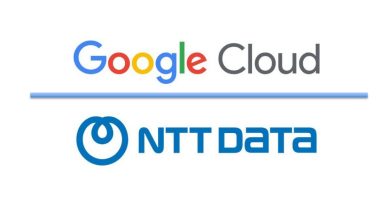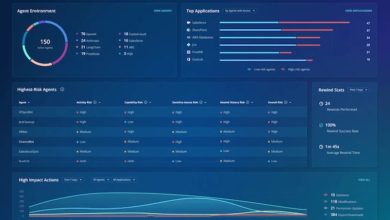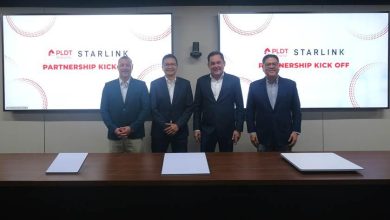Indeed’s ‘The Work Ahead’ Report: Singapore Job Seekers Want AI-Savvy Employers
Uncovering Growing Disconnect Between Tech Adoption and Upskilling, with Implications for Talent Retention, Employee Confidence, and the Future of Hiring

Indeed’s latest report, “The Work Ahead,” reveals a widening gap between Artificial Intelligence (AI) adoption and employee readiness, underscoring an urgent need for training and support in the workplace. Announced at Indeed Talent Trends 2025, a full-day forum spotlighting the future of work, the “The Work Ahead” report paints a clear picture: While one in three workers (36%) are already using generative AI tools on the job, an equal proportion (33%) say they have not received any formal training.
This disconnect could have serious consequences. Without the right guidance, workers may struggle to keep pace with rapid technological change, hindering their ability to grow professionally and compete in a digital-first job market. The “The Work Ahead” report also points to shifting worker expectations in a time of uncertainty. Employees are increasingly seeking out employers who invest in their digital development. Those that do not risk falling behind in the war for talent.
“There’s clearly strong interest among job seekers to build AI skills, but too many are being left behind due to a lack of formal training,” said Callam Pickering, Indeed’s APAC Senior Economist. “In a job market that’s rapidly evolving, the ability to learn and adapt is becoming a critical advantage. Job seekers will increasingly gravitate towards employers that foster a strong learning culture around AI. For businesses, this is no longer a ‘nice to have’. Offering meaningful AI training is fast becoming a competitive edge in attracting, developing, and retaining top talent.”
“The Work Ahead” report Identifies Barriers to Tech-Readiness
“The Work Ahead” report found that insufficient training (39%) is a key barrier holding back employees from being AI-ready in the workplace, with leaders expressing more confidence in their access to training compared to non-managers. The inability to keep up to the rapid pace of change (39%) and the lack of early exposure in their careers (28%) are other contributing factors.
In Singapore, the workforce is divided on technology’s impact on their careers. Only one-third of respondents (36%) are optimistic about technology’s role in shaping their careers, while one in five (11%) of those surveyed feel overwhelmed and left behind by digital transformation.
Smarter Training and Consistent Upscaling Are Key
To bridge the adoption gap, “The Work Ahead” report found that workers are more likely to master and use new technologies when they are user-friendly and accompanied by clear documentation (42%). The availability of structured training, such as workshops (38%), and the space to experiment in low-pressure environments (35%), will also contribute to adoption success.
“Employers must take a hard look at existing training programmes and update them to reflect the realities of today’s AI-driven workplace. This means moving beyond one-off workshops and building continuous learning pathways that are tailored, accessible, and linked to real-world tasks employees perform. Embedding AI literacy into onboarding, offering hands-on learning with real tools, and encouraging cross-functional collaboration can help make training more impactful,” said Pickering.
“For job seekers, it’s equally important to be proactive. Raising questions about AI training during interviews not only signals interest in growth but also helps assess whether a potential employer is invested in preparing their workforce for the future,” he added. “Asking how AI is used across teams and what support is available to build relevant skills can open up meaningful conversations right from the start.”




